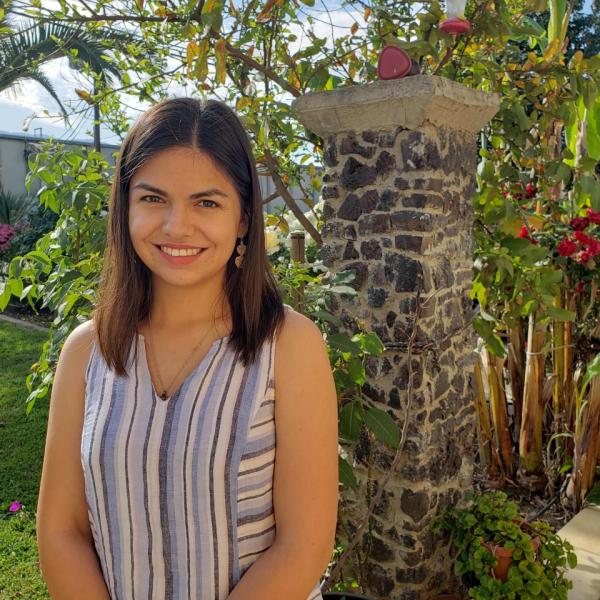
Christine Yeh
Christine Yeh, PhD ’96, can trace her activism to the days following Sept. 11, 2001. She was on the faculty at Columbia University, teaching counseling psychology and working with schools in Chinatown, and saw what she called “so much xenophobia and ‘othering’” in the wake of the terrorist attacks. Teachers, for example, routinely assigned American names to the Chinese immigrants in their classes — Zhengyu, for example, might get called Robert; Bao Yu might be renamed Brianna. Trying to find solutions to a 70 percent dropout rate, Yeh asked students, “If you could change something about your school so that you wouldn’t leave, what would it be?” She learned they wanted to be called by their Chinese names. The result was that students organized a lunch at which they taught teachers and other school personnel how to pronounce their names — and, says Yeh, “they got their names back in an hour.”
Since then, Yeh has been an advocate for young people from marginalized communities. Now a professor of education and psychology at the University of San Francisco, she works to ensure that her grad students — future school counselors — recognize and respect cultural assets. She has also developed targeted interventions, including a long-running program in which grad students work with underrepresented students in San Francisco-area high schools, encouraging them to consider college and supporting them through the application process. Through the program, nearly 4,000 students — “kids who would otherwise have zero plans to go to college,” says Yeh — have gone on to get two- or four-year degrees.
Yeh, who will receive the Alumni Excellence in Education Award at a ceremony on October 24, is now collecting data in Bay Area schools for a study on how events of the past two years have affected students. “I’m really interested in how students of color, in particular, navigated racial injustices and COVID-19 simultaneously in a year of distance learning,” she says. She wants to measure the impact on students’ mental health, identities and relationships — and identify ways schools can support them as they come back to the physical classroom.
Photo courtesy of Christine Yeh



